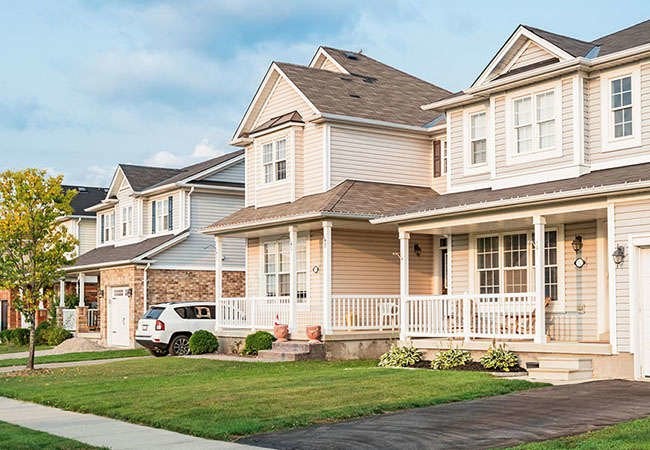

We may earn revenue from the products available on this page and participate in affiliate programs. Learn More ›
Home Advice You Can Trust
Tips, tricks & ideas for a better home and yard, delivered to your inbox daily.
Set an Accurate Asking Price
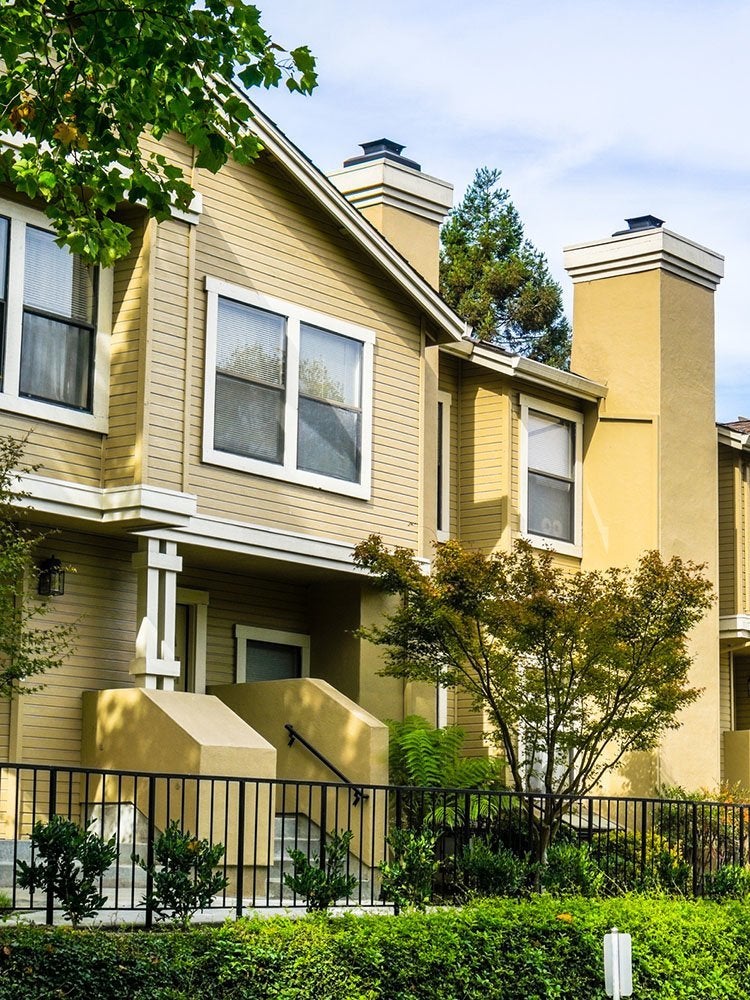
There are many factors that affect the ultimate selling price of your home. Before you put your house on the market, it’s important to take all the factors described below into account and then set an appropriate asking price. Hitting the right price can have a huge effect on how fast your home sells. Homes that are overpriced may sit for months (or longer) without getting an offer, while accurately priced homes typically receive an offer in roughly a month, according to real estate website Zillow.com.
Your House Has Great Curb Appeal
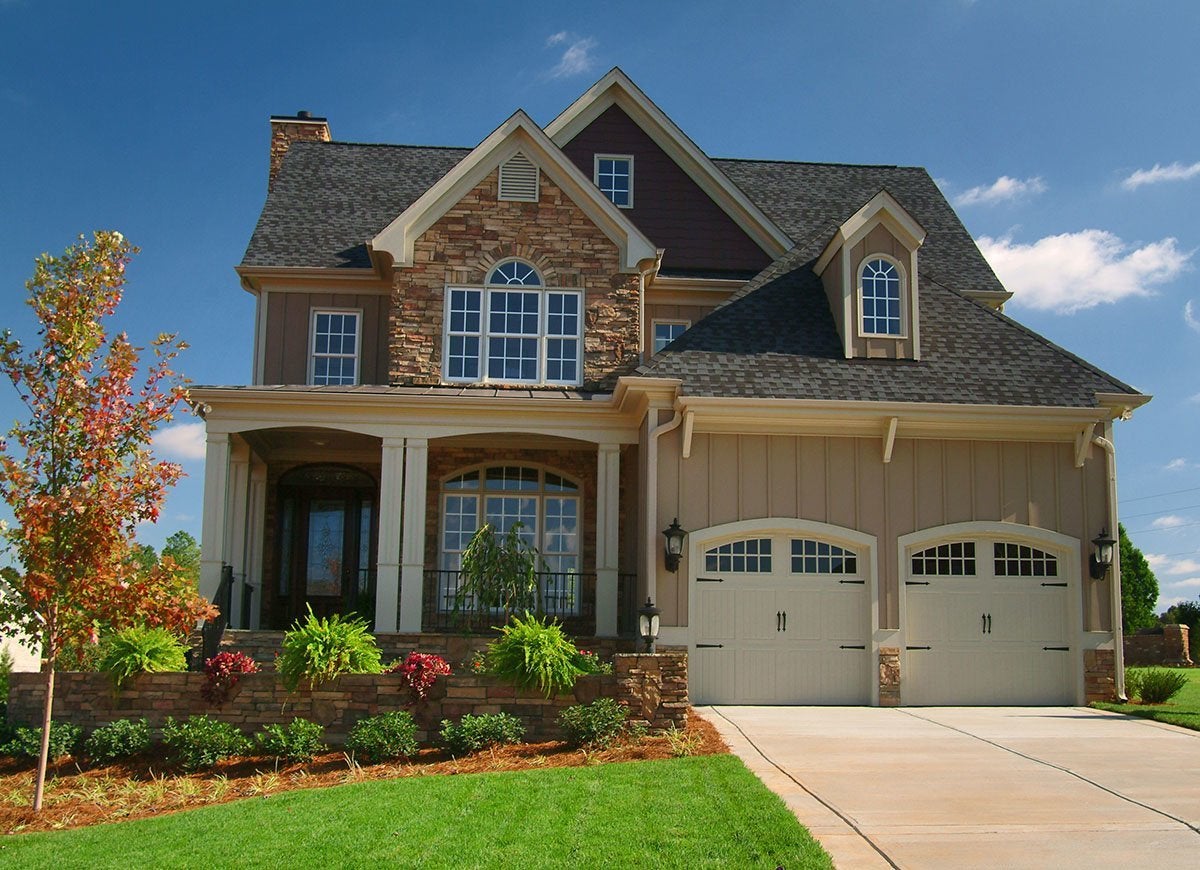
The first view a potential buyer will get of your house will be from the street. If it’s a great view, the buyer is more likely to schedule a showing and make an offer. A well-manicured lawn, neatly trimmed trees and hedges, freshly painted shutters, and an appealing entry all boost your home’s curb appeal.
It’s Not the Priciest House on the Block
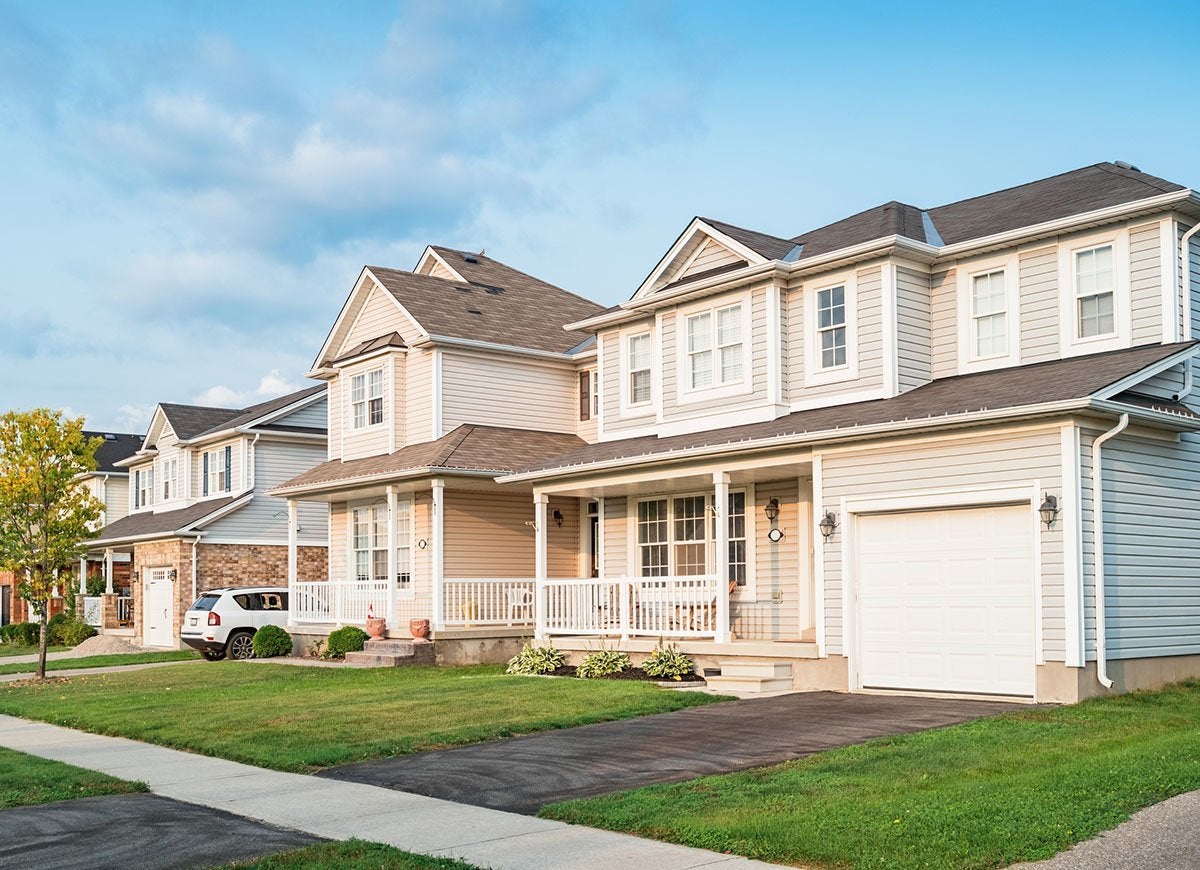
If your home is valued at $500,000 but the other homes on the block are valued at less than $250,000, buyers may be reluctant to make an offer on your expensive house when the neighboring homes are so much cheaper. If, on the other hand, your house is the least expensive one on the street, just being surrounded by higher-dollar homes will boost its resale value.
The Schools Are Good

It’s one of the first things parents of school-age children consider when shopping for a new house—the quality of the local schools. Whether or not you have children, your home’s resale value will be better if it’s located in a highly rated school district.
Amenities Are Nearby
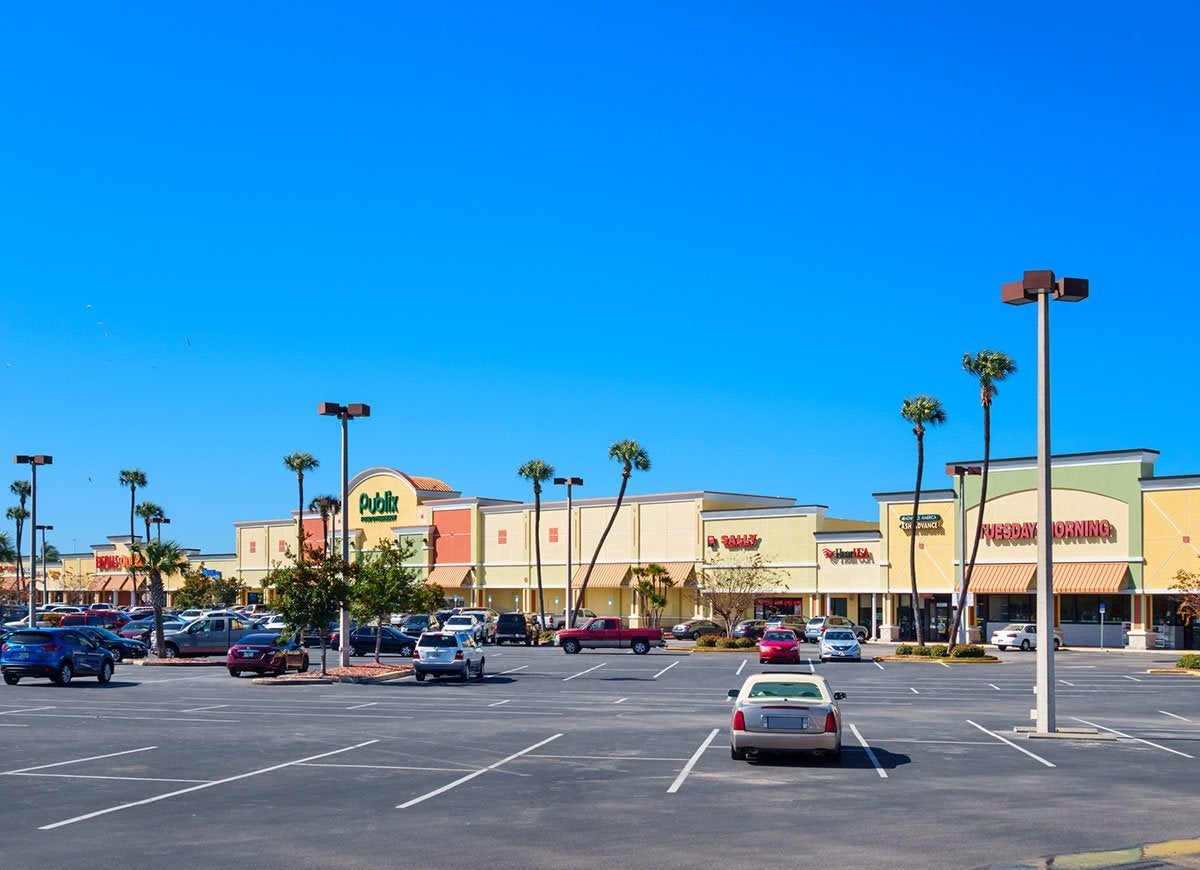
Home buyers want the perfect house, but they also want it to be close to shopping, recreation, dining, and other amenities. If your house is located within a short driving distance of these desirable destinations—or better yet, within walking distance—its resale value will be higher.
The Neighborhood Is Safe
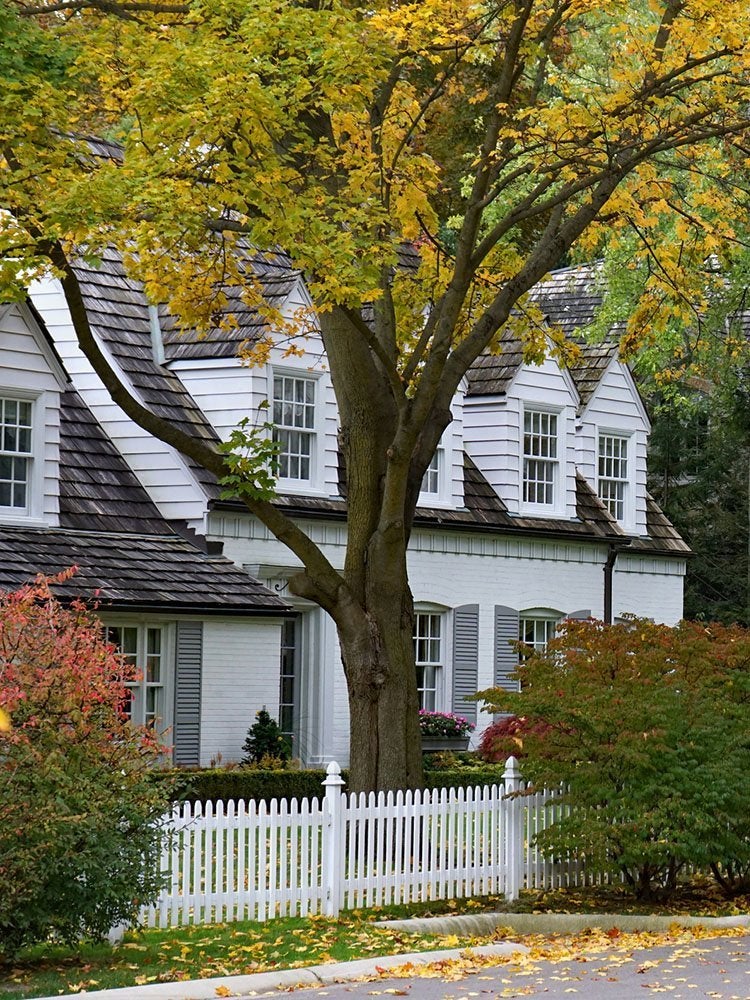
If most of the homes on your street have bars on their windows, potential buyers may be discouraged from making an offer on your house. Today’s home buyers are savvy and likely to consult sites such as NeighborhoodScout to determine if a home they like is in a safe neighborhood.
The Neighborhood Is Quiet
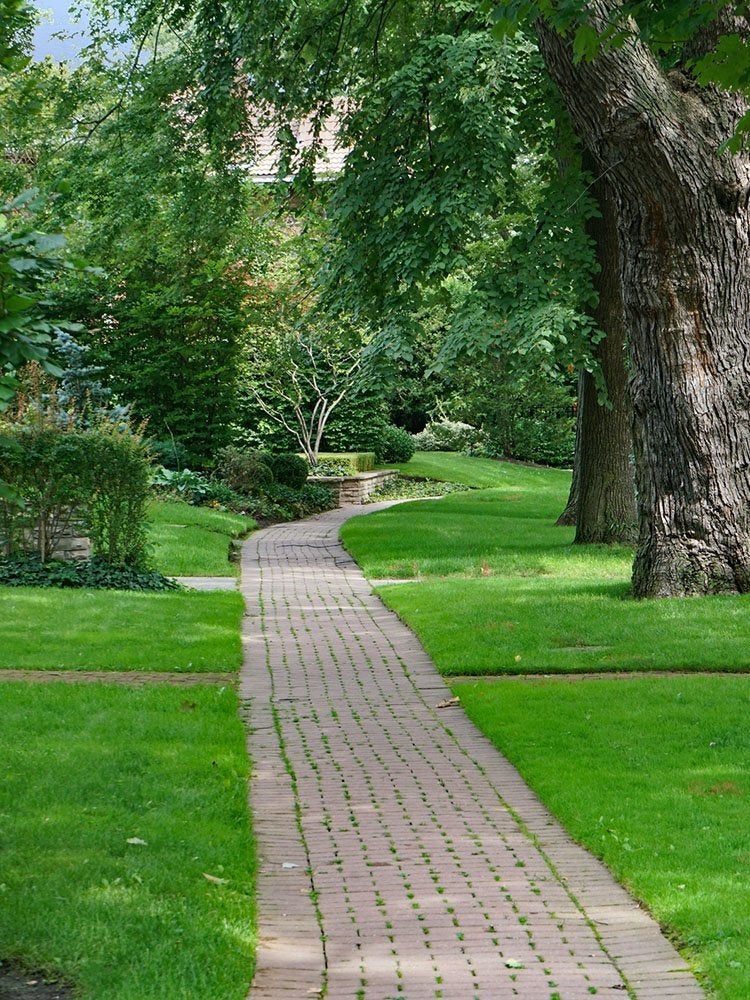
At the end of the workday, most people want to come home to a quiet place where they can relax and unwind. Boisterous neighbors who party until the wee hours, commuter trains that run behind the house, or busy highways nearby with a constant sound of traffic can all reduce a home’s resale value.
The House Has Three Bedrooms and More Than One Bathroom
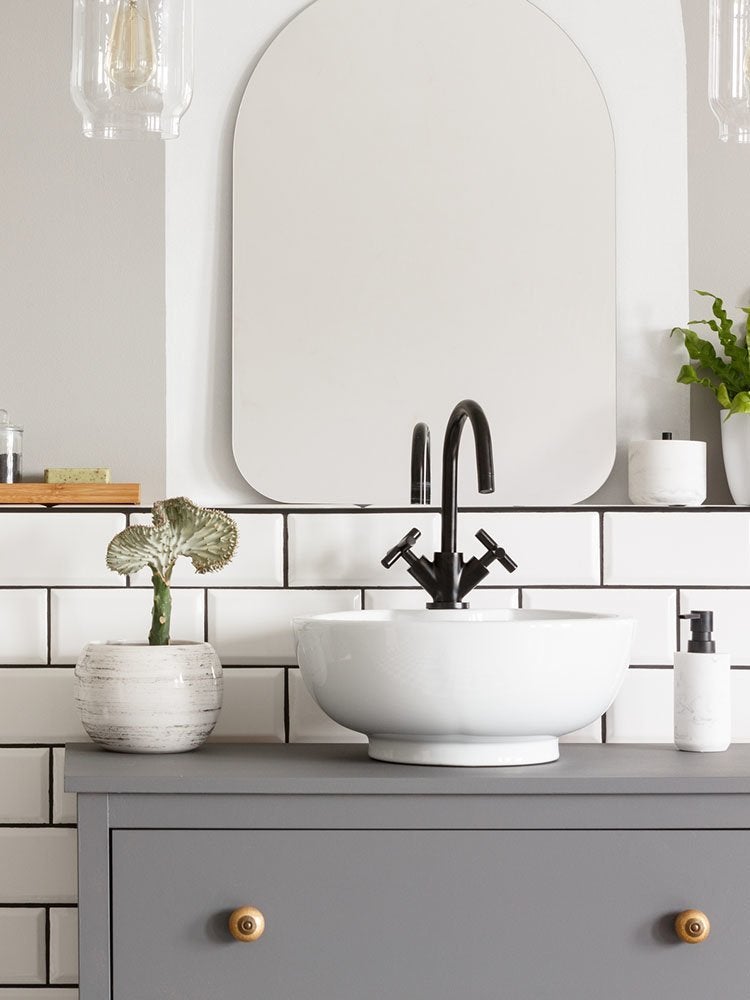
Homes with three or more bedrooms are considered “family friendly,” according to Realtor.com, and that makes them more likely to bring a higher price and sell more quickly. Also, having more than one bathroom is essential for families who are looking to avoid morning traffic jams as everyone is getting ready for the day.
The House Is in Good Shape
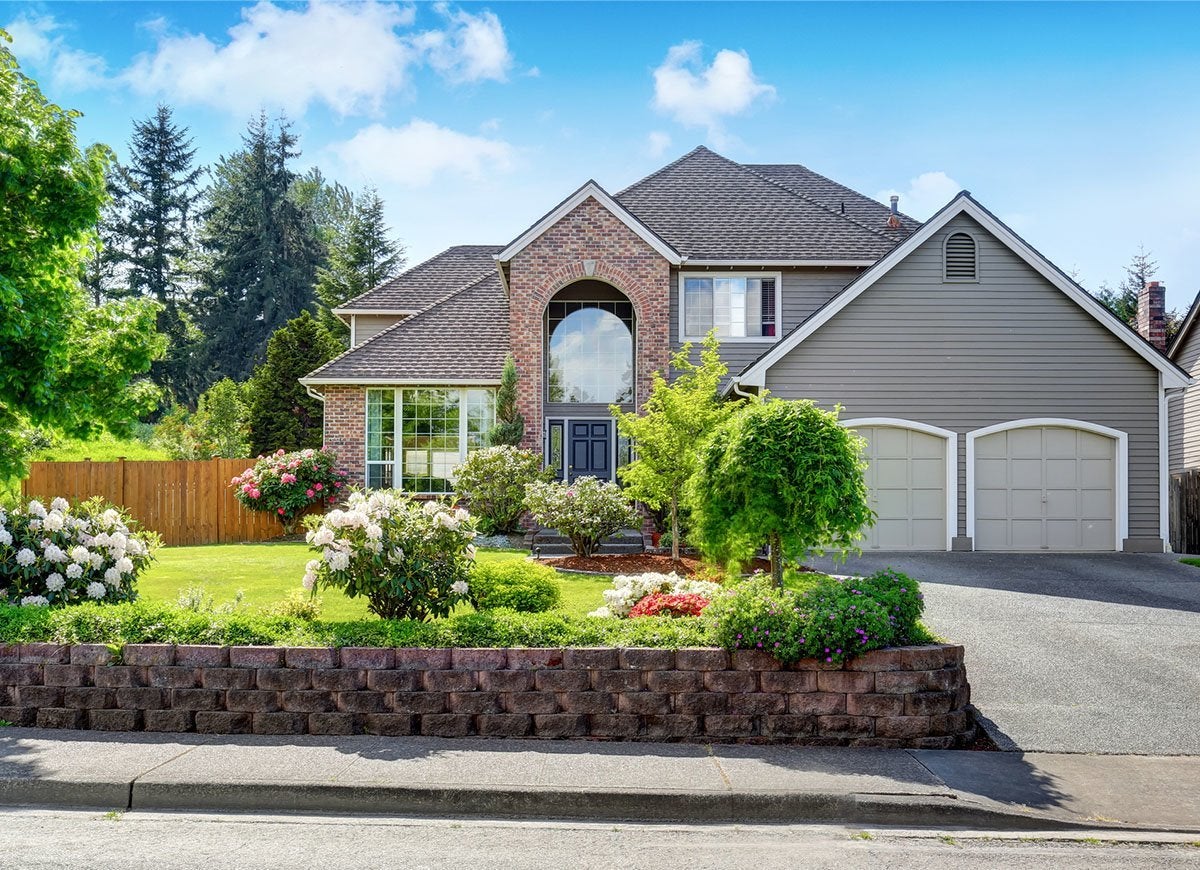
Home buyers are looking for houses that are turnkey ready, meaning they can move right in without having to worry about a leaky roof or faulty wiring. Homes with good roofs, airtight windows, sound HVAC systems, and reliable wiring and plumbing will have a better resale value than houses that require major repairs right off the bat.
Plenty of Storage Space
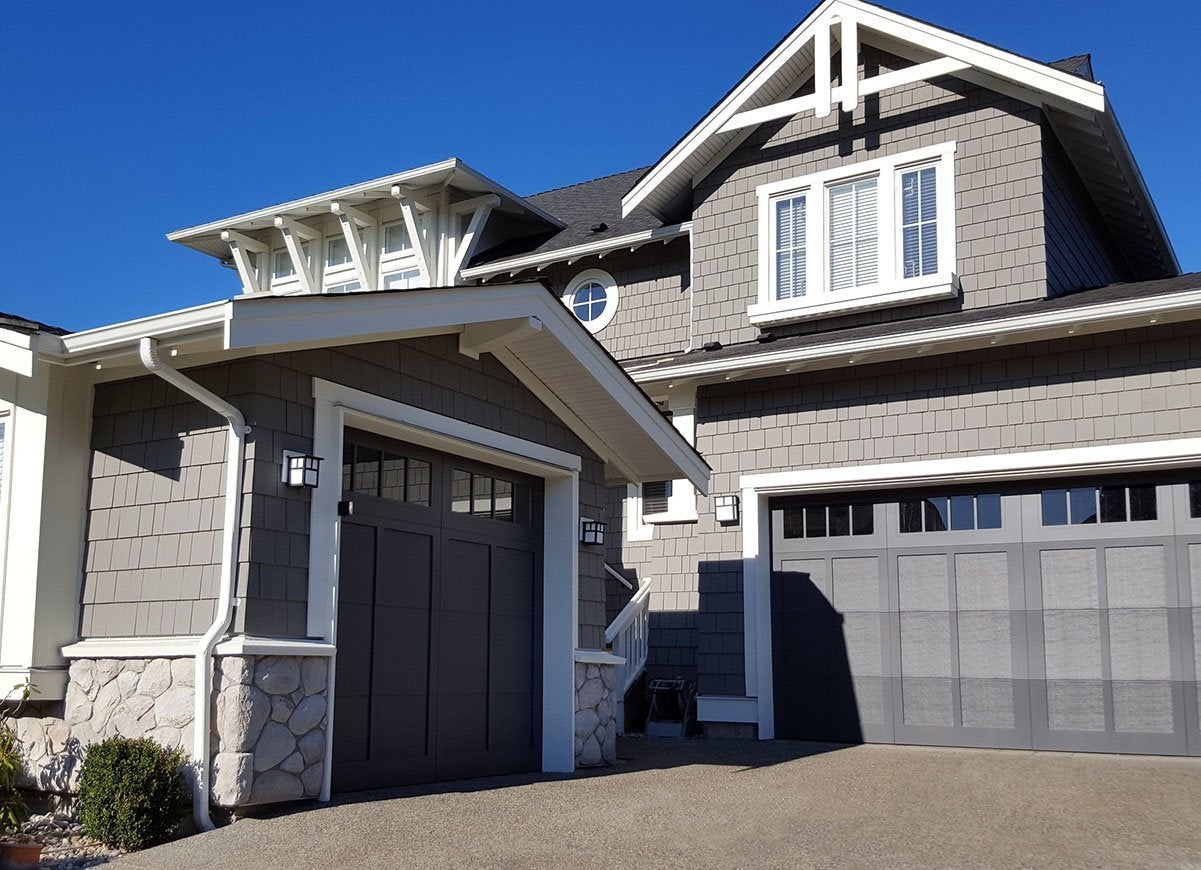
Today’s families accumulate more stuff than ever before, including automobiles, sports equipment, lawn and garden equipment, clothing, and cookware. Homes with large garages, plenty of built-in interior storage, and attics where people can stash all their loot are more appealing to buyers.
Few Homes Are on the Market
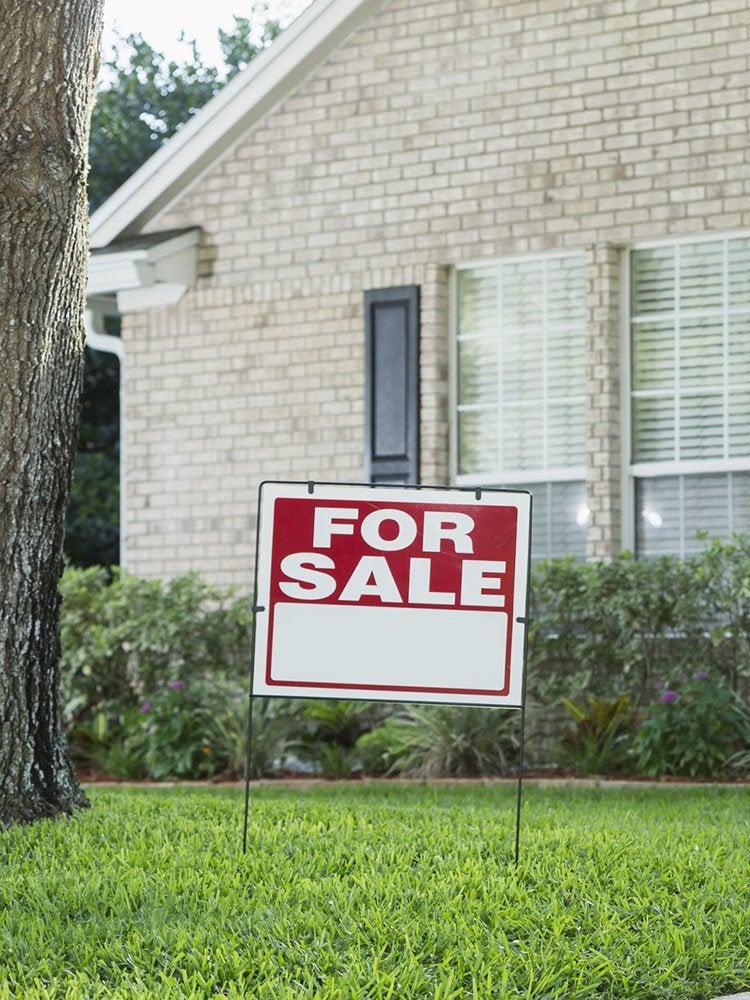
The less competition your house faces from other houses on the market, the more likely it will sell quickly. It’s all about supply and demand: When only a few houses are on the market, more potential buyers will be looking at yours, raising its resale value and reducing the chance of lowball offers.
The Neighborhood Is Restrictive
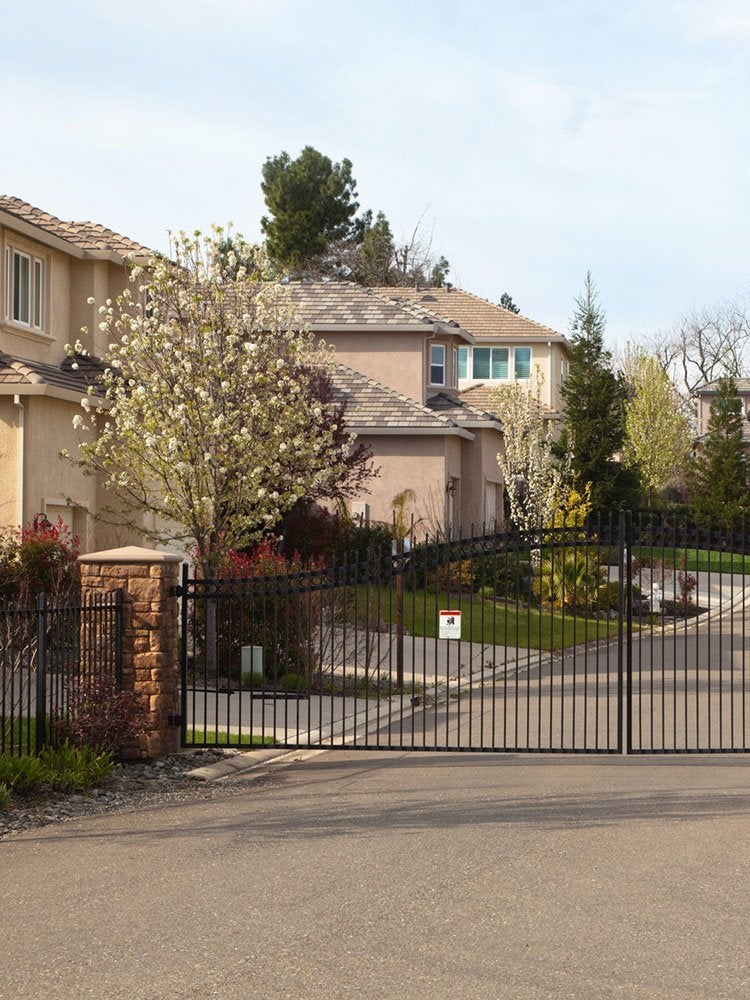
Restrictions aren’t always a bad thing. In fact, when it comes to a home’s resale value, they can be a great thing. Home buyers want the assurance that the value of their new home won’t be reduced by neighbors who slap up shoddy storage sheds or park broken-down cars in the street. If your neighborhood has a homeowners association (HOA) that restricts these types of things, your house will be more attractive to buyers.
The Lot Is Large
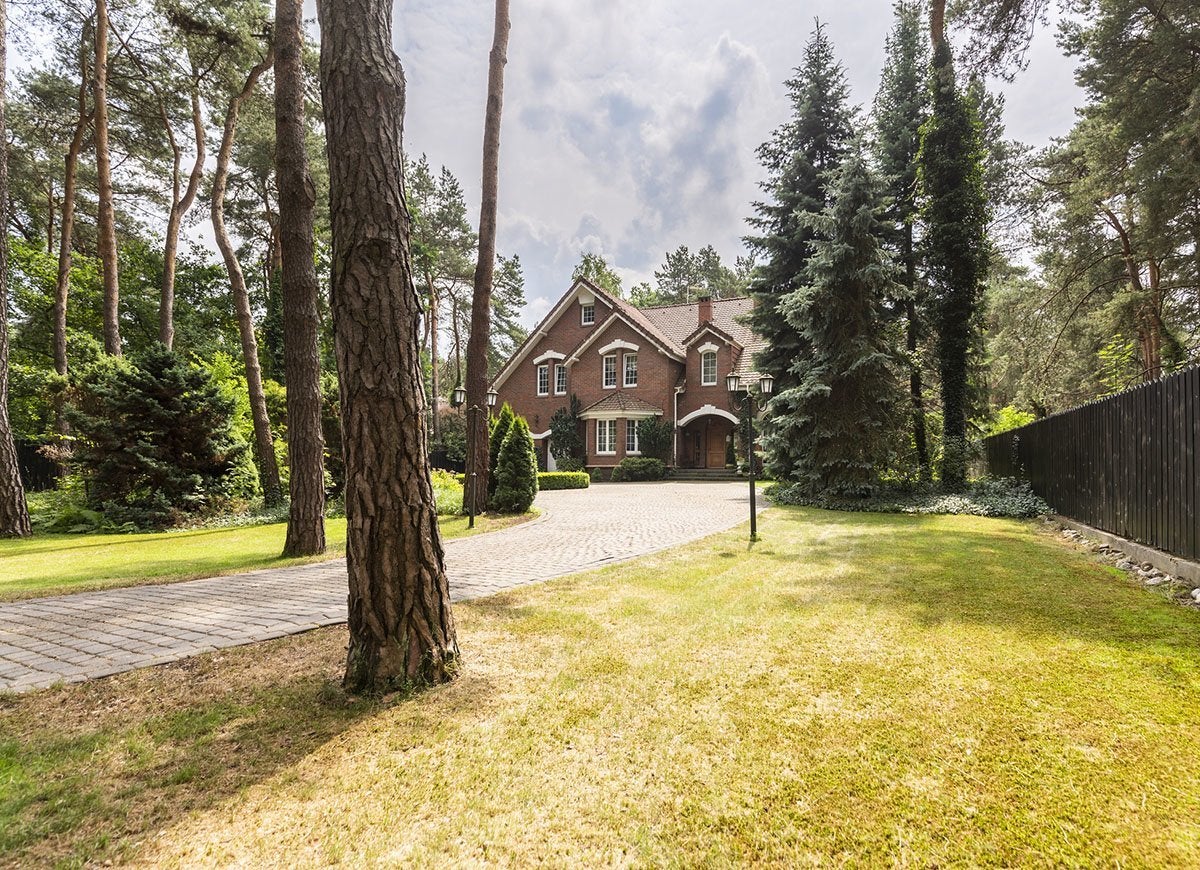
Large lots are enticing to home buyers who like to garden, entertain outdoors, or just put a bit of space between their home and the neighbors. On streets with cul-de-sacs, the large lots at the end of the road are valued higher than the small corner lots at the cross streets. The bigger the lot, the better the resale value.
The House Has Upgrades
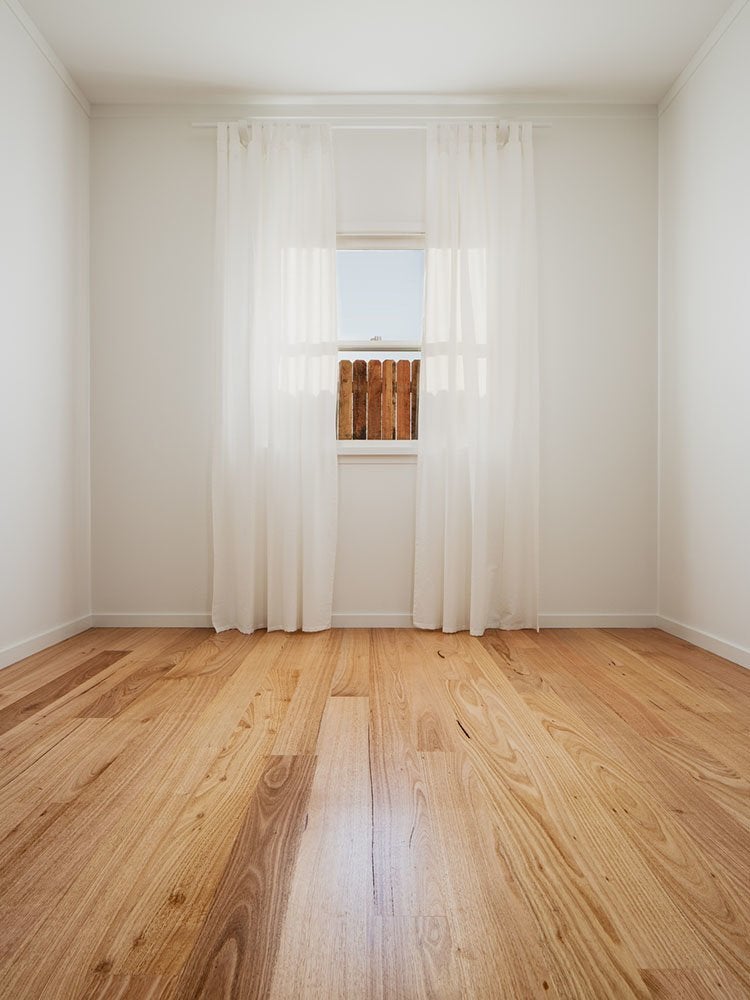
In a development where most homes resemble each other on the outside, the little details on the inside will determine which ones have the best resale value. Upgrades such as quartz countertops, hardwood floors, and decorative molding will make your home more desirable to potential buyers.

The Homeowner Survival Kit
This year’s Bob Vila Approved is a hand-picked curation of tested, vetted, must-have essentials for surviving homeownership today.